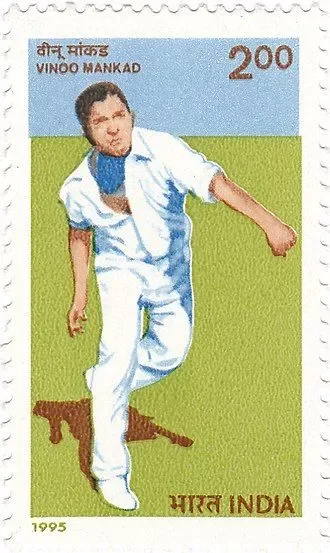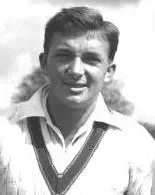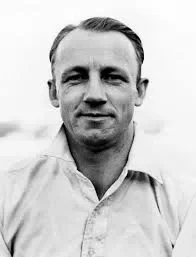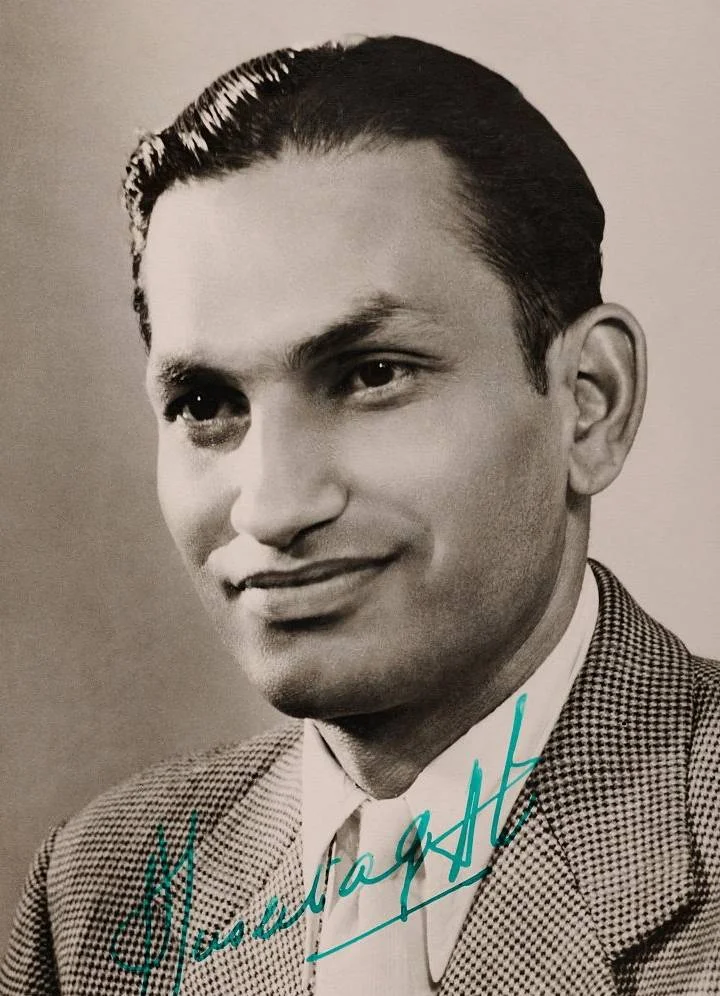Real Celebrities Never Die!
OR
Search For Past Celebrities Whose Birthday You Share
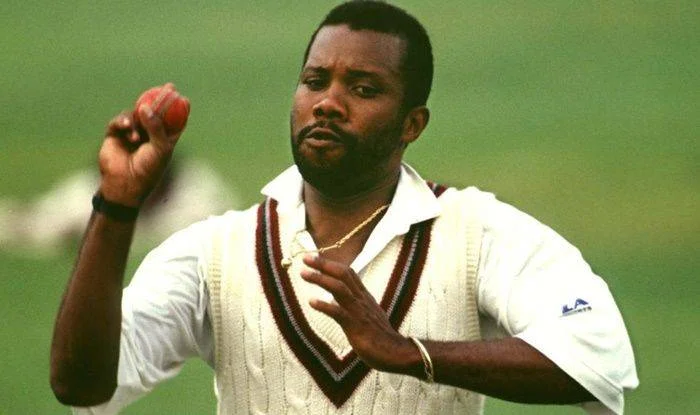
source: india.com
Malcolm Marshall
Birthday:
18 Apr, 1958
Date of Death:
04 Nov, 1999
Cause of death:
Colon cancer
Nationality:
West Indian
Famous As:
Cricketer
Age at the time of death:
41
Early Life and Introduction to Cricket
Malcolm Marshall, one of the greatest fast bowlers in the history of cricket, was born on April 18, 1958, in Bridgetown, Barbados. His early life was marked by tragedy, as he lost his father in a road accident when he was just a few months old. Marshall was raised by his grandfather, who introduced him to the game of cricket, sparking his passion for the sport.
Cricketing Career and Teams
Marshall’s cricketing career spanned from 1978 to 1992. Throughout this period, he represented several teams, including the West Indies national team, Barbados, Hampshire, and Natal. He was an integral part of the legendary West Indies pace quartet of the 1980s, which included Andy Roberts, Michael Holding, and Joel Garner. Together, they dominated world cricket, terrifying batsmen with their speed, precision, and aggressive bowling.
Bowling Prowess and All-Round Ability
Marshall was renowned for his extraordinary speed, accuracy, and ability to swing the ball, along with his ferocious bouncers that intimidated even the most seasoned batsmen. In addition to his bowling, Marshall was a capable lower-order batsman, achieving ten half-centuries during his career.
Test Debut and Early Struggles
Marshall made his Test debut for the West Indies against India in 1978 at the age of 20. Although he did not make an immediate impact, his talent was undeniable, and he soon cemented his place in the team. In 1979, he took his first five-wicket haul against Pakistan, signaling the beginning of his rise to greatness.
Breakthrough Series and Memorable Performances
Marshall’s breakthrough came in 1983 when he dominated the Test series against India and Australia, claiming 33 wickets in six matches. One of his most memorable performances occurred in the 1984 Test match against England, where, despite injuring his thumb, he batted one-handed to allow Larry Gomes to complete his century. Marshall then went on to take seven wickets for 53 runs, a testament to his resilience and skill.
Dominance in International Cricket
Marshall’s ability to swing the ball both ways and his devastating pace made him one of the most feared bowlers of his era. He ended his career with 22 five-wicket hauls and four ten-wicket hauls in Test cricket. He played his final Test match against England at The Oval in 1991, retiring from international cricket in 1992 with 376 Test wickets at an average of 20.94. Marshall also took 157 wickets in One-Day Internationals (ODIs), averaging 26.96.
Domestic Success and First-Class Career
In addition to his international success, Marshall had a remarkable domestic career. He played over 400 first-class matches, taking 1,651 wickets at an average of 19.10. His contributions to teams like Barbados and Hampshire cemented his legacy as one of cricket’s all-time greats.
Post-Retirement Involvement in Cricket
After his retirement, Marshall remained involved in the game as both a coach and commentator. His wealth of knowledge and experience benefited a new generation of cricketers until his untimely death in 1999 due to colon cancer.
Legacy
Malcolm Marshall’s legacy endures as one of the finest fast bowlers the cricketing world has ever seen. His speed, precision, and ability to swing the ball made him a formidable force, and his contributions to the West Indies cricket team remain legendary.
Name:
Malcolm Marshall
Popular Name:
Malcolm Marshall
Gender:
Male
Cause of Death:
Colon cancer
Spouse:
Place of Birth:
Bridgetown, Barbados
Place of Death:
Bridgetown, Barbados
Occupation / Profession:
Personality Type
Adventurer: Malcolm Marshall was known for his aggressive nature on the field which helped him become one of the greatest bowlers of all time.
He achieved his best bowling figures of 7/22 against England.
His bowling average was an impressive 20.94 runs per wicket.
Marshall had a remarkable strike rate of 46.7 balls per wicket.
Marshall took 376 wickets in 81 Test matches.
Malcolm Marshall was inducted into the ICC Cricket Hall of Fame
